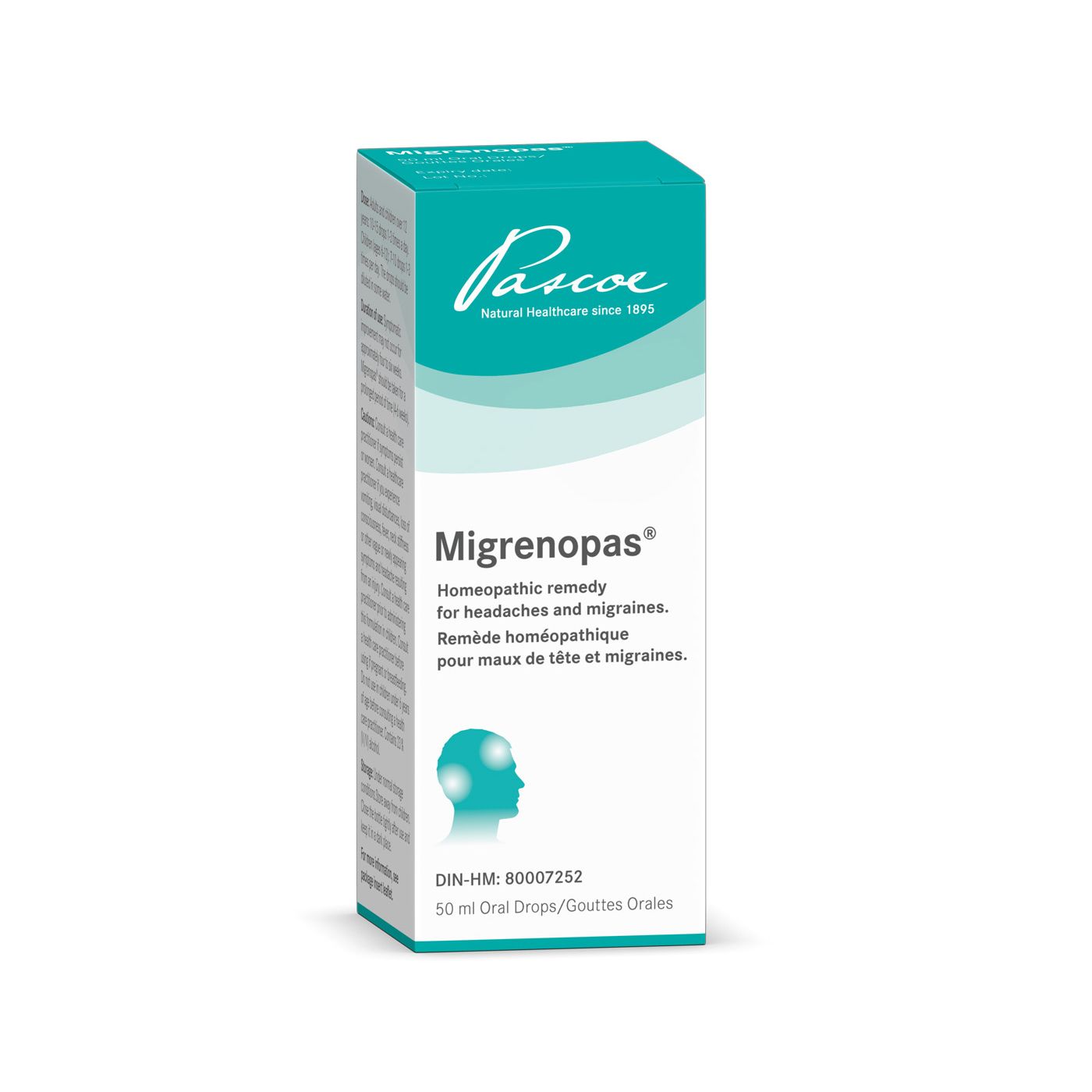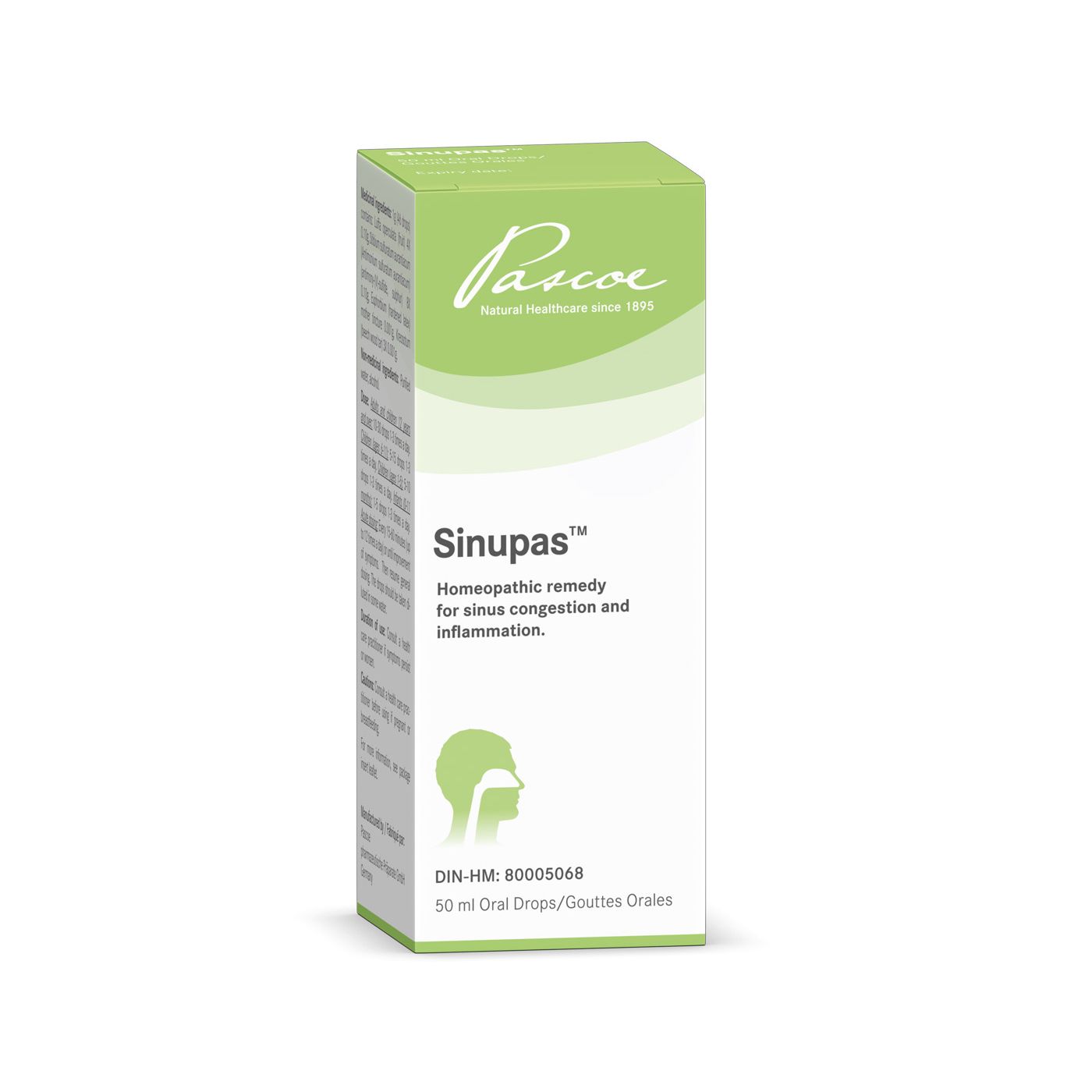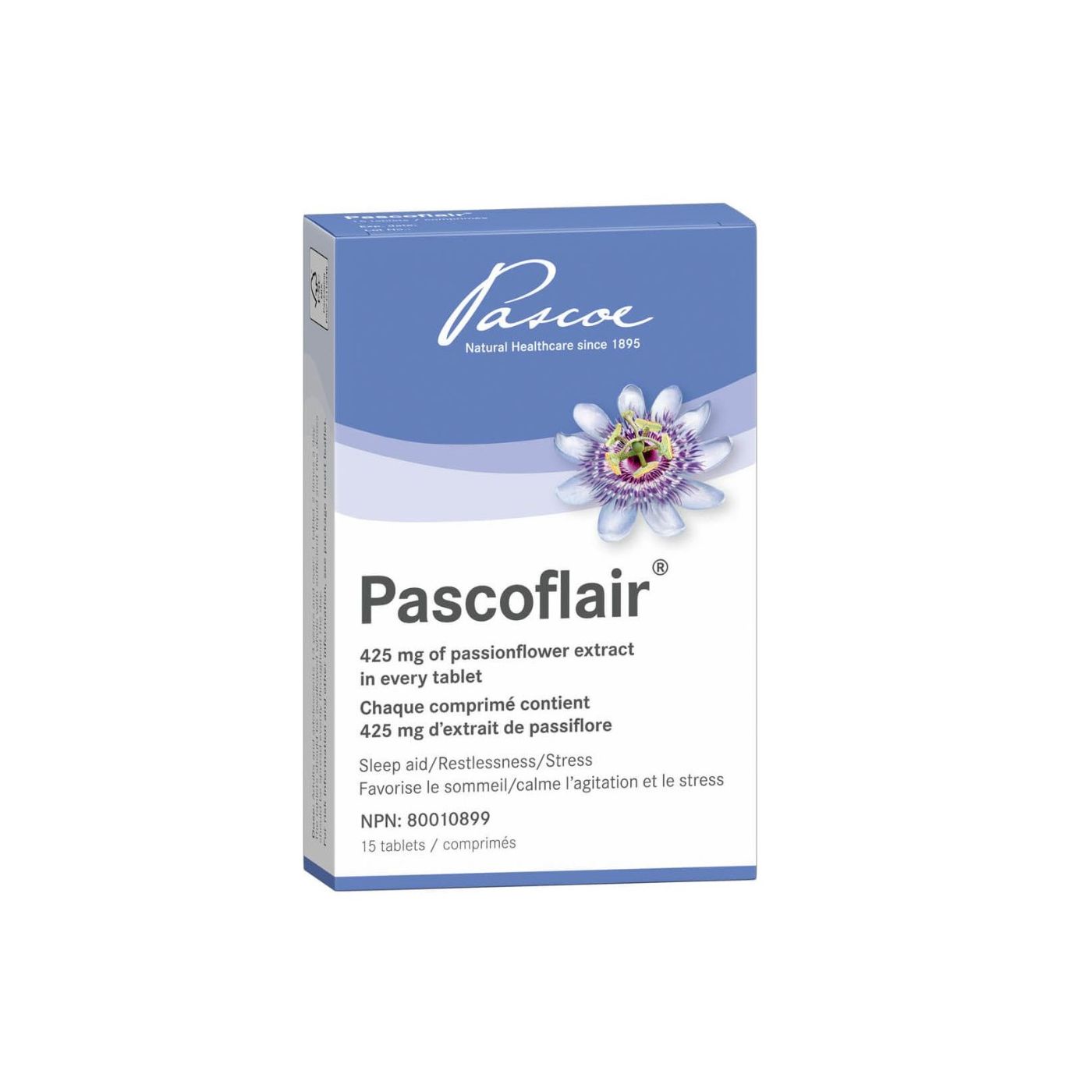Headaches: When to Worry & What To Do
General stress, many hours of screen time, poor detoxification, a dehydrated body, lack of exercise, and more–these are all potential causes of headache and migraine. You may experience them on a regular weekly or monthly basis, but when the symptoms of migraine begin to interfere with your day-to-day life, it may be time to investigate further.
Headaches are a common occurrence for most people, and can range from mild discomfort to severe pain. While most headaches are not a cause for concern, there are instances when they may be indicative of a more serious underlying condition.
In this article, we will discuss the different types of headaches, when to worry, and migraine supplements to help alleviate migraine symptoms.
Types of Headaches
There are several different types of headaches, each with their own set of symptoms and triggers. Some of the most common types of headaches include tension headaches, migraines, cluster headaches, and sinus headaches.
Tension headaches are the primary headaches and are characterized by a dull, aching pain that typically affects both sides of the head. This headache pain is often caused by stress, anxiety, and tension in the neck and shoulders.
Migraine with aura is a specific type of migraine. This recurring headache strikes quickly and with migraine aura symptoms that are sensory.


You may experience vision disruptions like sudden blind spots, flashes of light, as well as the potential for a tingling sensation in the hands and face with the onset of migraine pain.
Migraines are a type of headache that are typically more severe than tension headaches and are characterized by a throbbing pain on one side of the head. Migraine attacks are often accompanied by other symptoms such as sensitivity to light and sound, nausea, and vomiting.
Cluster headaches are a less common type of headache that typically occur in cycles, with periods of intense pain followed by periods of remission. These headaches are characterized by a severe, stabbing pain on one side of the head and are often accompanied by redness and tearing of the eye on the same side.
Sinus headaches are caused by inflammation of the sinuses and are typically accompanied by other symptoms such as a runny nose and facial pain.
When to Worry
Most headaches are not a cause for concern and can be treated with over-the-counter pain relievers such as ibuprofen or acetaminophen. However, there are certain instances when a headache may be indicative of a more serious underlying condition.
If you experience any of the following symptoms in addition to a headache, consider these warning signs and you should seek medical attention:
- Sudden onset of severe headache
- Headache accompanied by a stiff neck or fever
- Headache accompanied by blurred vision, slurred speech, or confusion
- Headache that worsens over time or does not respond to over-the-counter pain relievers
- Headache accompanied by seizures or loss of consciousness
- Chronic migraines can also indicate an underlying condition
Natural Supplements for Migraines
Migraines can be debilitating and the lives of people with migraines can be significantly impacted. While there is no cure for migraines, there are several supplements that can help alleviate the symptoms and be taken on a regular basis as migraine prevention.
Magnesium is a mineral that is essential for many bodily functions, including muscle and nerve function. Studies have shown that magnesium supplements can help reduce the frequency and severity of migraines. It works by relaxing the blood vessels and reducing overall bodily tensions.


Riboflavin, also known as vitamin B2, is another supplement that has been shown to be effective in reducing the frequency of migraines. Riboflavin is involved in the production of energy in the body and can help reduce oxidative stress.
Coenzyme Q10 is a compound that is involved in the production of energy in the body and has been shown to be effective in reducing the frequency and severity of migraines.
Butterbur is a herb that has been used for centuries to treat headaches and migraines. Studies have shown that butterbur can help reduce the frequency and severity of migraines.
Feverfew is another herb that has been used for centuries to treat headaches and migraines. Feverfew has been shown to help reduce the frequency and severity of migraines, and may also help reduce inflammation.
Before trying natural remedies, always discuss them with a healthcare provider first. If you have any preexisting conditions or take medication, you will want to avoid those with associated risk factors.
Preventing Common Headaches & Migraines
In addition to supplements, there are several lifestyle changes that can help reduce the frequency and severity of migraines. These include:
- Avoiding triggers such as certain foods, stress, and getting adequate sleep
- Maintaining a regular sleep schedule
- Wearing blue light-blocking glasses during screen time
- Engaging in regular exercise to keep the body functioning optimally
- Practising relaxation and stress reduction techniques such as yoga and meditation to reduce general tension and feelings of stress
- Managing stress through counselling or therapy
Lymphatic drainage and support is a great way to remove blockage and help with recurrent headaches and migraines.. It involves a dry brush or simply using your hand to sweep gently along the skin in the natural flow of the lymph fluid. Lymph fluid is responsible for filtering and clearing the body of metabolic byproducts and toxins. When these toxins accumulate in the body they can lead to dysfunction, as well as general inflammation. By supporting these detoxification pathways, we help reduce general inflammation, which can lead to chronic tension headaches, and reduce the chances of bodily dysfunction brought on by toxic accumulation.
While most headaches are not a cause for concern, it is important to pay attention to any accompanying symptoms and seek medical attention if necessary.
Supplements can be helpful in reducing the frequency and severity of migraines, but should always be taken under the guidance of a healthcare provider. Additionally, lifestyle changes such as avoiding triggers and managing stress can help mitigate chronic issues with headaches and migraines.










